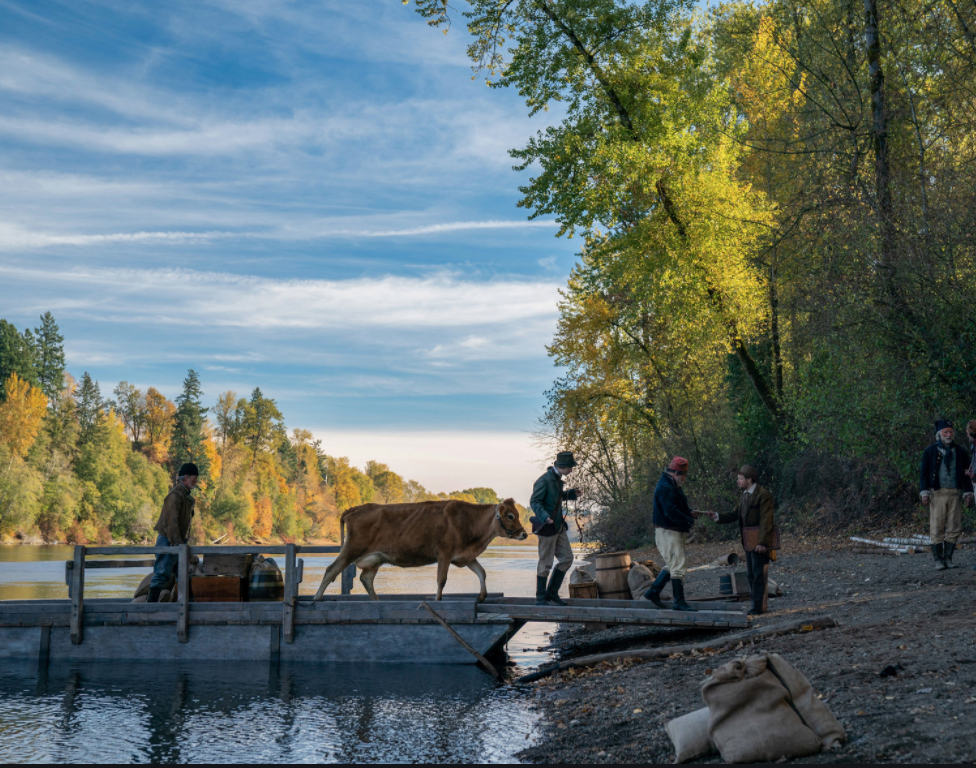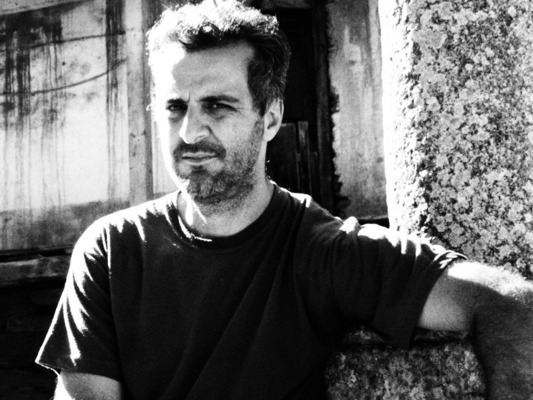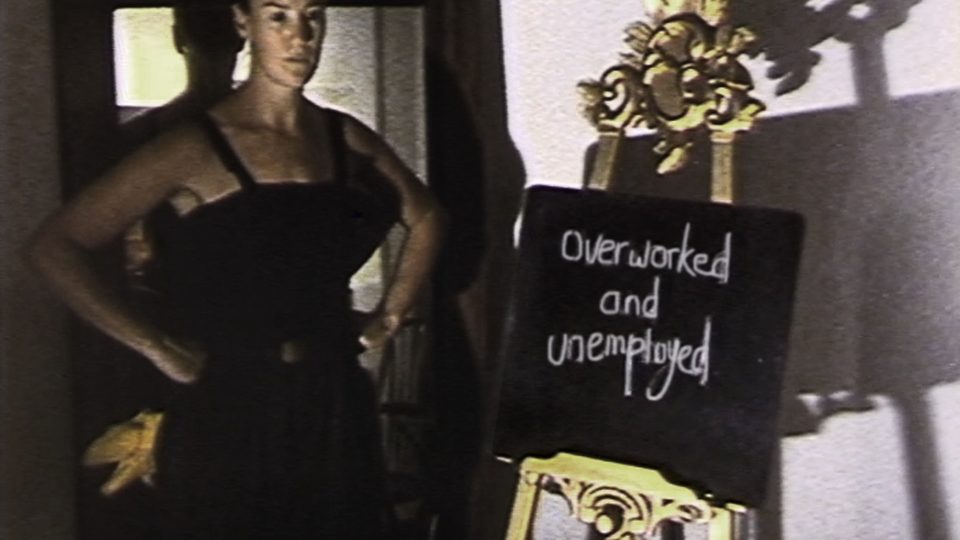
Kelly Reichardt has gifted us one of the best films of the year. It’s a mystery how a film this good – a western that upends expectations of the genre – arrived at the Berlin Film Festival and came out largely unnoticed. At least as far as awards go. Critics often refer to Reichardt’s style as understated, highlighting her dedication to work quietly and minutely frame to frame, rather than through sweeping narrative arcs. Indeed, Reichardt often inhabits the quotidian through a prism of stories that may otherwise pass unnoticed.
That is certainly the case with a film such as Old Joy (2006), streaming on the Criterion Channel, in which two friends in their thirties who drifted apart reunite for a camping trip. Reichardt beautifully explores the glories and entrapments of masculinity: clinging to old habits and to the image of unfettered youth, versus the rewards of marriage. It’s certainly not a passage pertinent to men only, but Reichardt wistfully explores just how much more acute that sense of losing one’s freedom can be for those who are used to afford it more.
Reichardt’s First Cow also revolves around a couplet. Cookie Figowitz (John Magaro) is a sweet-faced, mildly tempered cook who traipses through inhospitable woodland America, in the 1820s. The rough country is woefully unsuited for a gentle soul like Cookie, who must put up with his fellow hunters grumpiness and scorn. Food is in low supply; hunger always on the horizon. But Cookie is an enterprising chef, not too coy to roast a squirrel, or to make wonders from a bunch of wild berries.
Into this scenario comes another maverick: King-Lu (Orion Lee) is a mysterious Chinese immigrant running from Russian vigilantes. Like Cookie, King-Lu is full of surprises, his handsome slim figure and elegant gestures of a ballet dancer, and his mind, always vividly painting the future, a configuration of a pure romantic. King-Lu wants to strike it rich, but it’s a richness that co-mingles his dreams of owning land, farming, with the hardened need to commit a crime, in order to get ahead.
Get ahead they sure do, at least for a while. When Cookie saves King-Lu by hiding him on the traveling cart, and after they meet later at a bar, these two settle into a life of domesticity: darning socks, feeding chickens, cooking, telling stories by the fire. Reichardt is splendid in showing us how this gritty, otherwise violent world that we associate with Hollywood westerns nevertheless leaves ample room for tenderness, friendship, hearth. This domesticated Wild West is suddenly so much more human, so much richer, than the cutout figures we’re used to seeing, revolver at the hip.
That is not to say that Reichardt forgoes violence. Her western opens with a hint of it: A young woman walks her dog when she discovers two bare skeletons and skulls, lying side by side. Like York’s skull, they can’t tell us much, but then the film leaps back into historical time, construing the story for us. Who’s imagining is this? Perhaps the young woman’s? Perhaps that’s why this gesture: re-inhabiting the territory that normally isn’t granted as hers.
Reichardt’s story works so well because she doesn’t assign any roles as gendered. While we know how rigidly many duties have historically been distributed between men and women – and with Covid, this rigid division, and the horrendous spike of household chores done by women is again drawing attention – Reichardt’s world feels utterly radical precisely because it is so mundane. Within the walls of Cookie and King-Lu’s household, the unspoken gender lines are upended. Men darn, bake, sweep, bring in flowers, decorate, just as willingly and easily as women. In this natural, woodsy, western setting, there is nothing about these tasks that stems particularly from nature.
Cookie and King-Lu dream big and pay for their dreams, even though their crime is as modest as can be: As the title promises, there is only one cow where they settle, and one must have milk for the “glorious baked comestibles” that Cookie is so capable of making, and which draw the attention of a wealthy magnate. When the crime takes place, it’s carried out with gentleness, almost against Cookie’s nature, and in contrast to King-Lu’s gentlemanly bearing.
What they will leave behind is a western story that magically makes a dent in pre-existing narratives. We must thank Reichardt and Jonathan Raymond, who co-wrote the script, based on his novel, for that.

